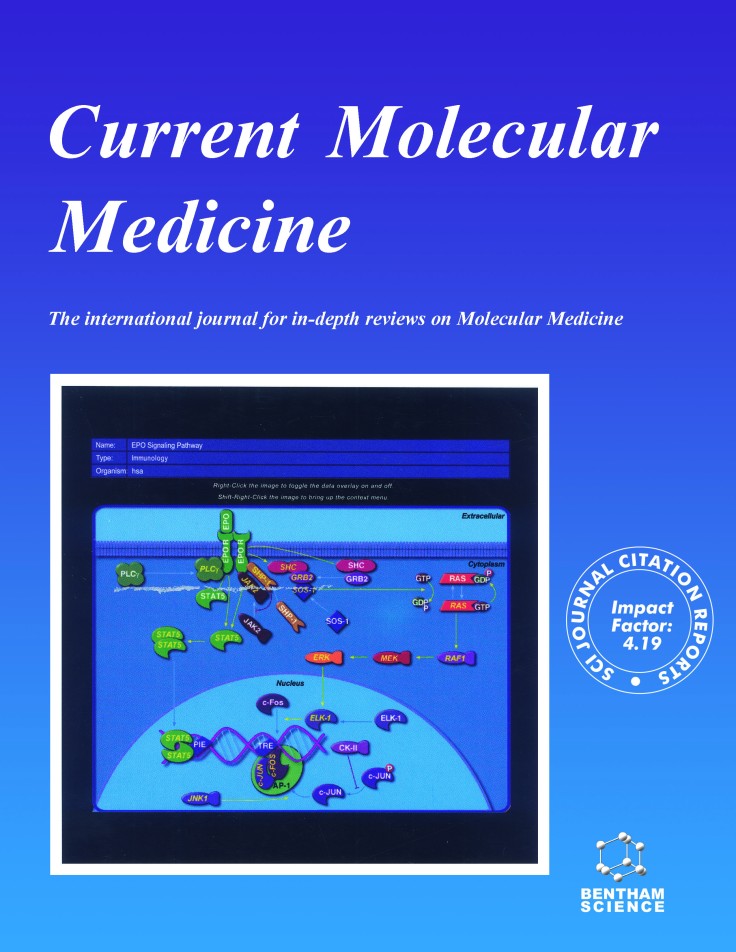Emerging Role for
αB-Crystallin as a Therapeutic Agent: Pros and Cons
Author(s):
V.S. Reddy and G.B. ReddyPages 47-61 (15)
Abstract:
HSPB5 or αB-crystallin (αBC) is a major protein of the vertebrate eye lens belonging to the small heat-shock protein family of proteins that respond to various stressful conditions. αBC also is found outside the lens in various non-ocular tissues and acts as a molecular chaperone by preventing aggregation of proteins, inhibits apoptosis and inflammation, and maintains cytoskeletal architecture. The αBC protein is phosphorylated on three serine residues S59, S45, and S19, and several functions of αBC are modulated by phosphorylation. Numerous studies have revealed the upregulation of αBC in pathological conditions such as neurodegenerative diseases, cancers, diabetes, retinal diseases, cataracts, ischemia/repurfusion, aging, and others. However, it is unknown whether the up-regulation of αBC is causative or protective for these pathological conditions. Although αBC has been shown to provide a protective effect in neurodegenerative diseases, inflammation, diabetes, and retinal diseases, other studies have described a deleterious role of αBC in cancers and pulmonary fibrosis. The therapeutic potential of αBC alone or in combination with αA-crystallin has been reported. Acetylated αBC peptides have been shown to be more potent than native αBC for chaperone as well as therapeutic activities using both in vitro and in vivo models. Further, for efficient delivery of α BC into cells, carrier molecules such as polylacticcoglycolic acid, polycaprolactone and cell penetration peptides have been used. In this review, we have summarized current data from emerging and exciting studies of the therapeutic strategies of α BC and α BC peptides and the efficient delivery strategies of these proteins in various disease models, including neurodegenerative diseases, retinal diseases, platelet aggregation, inflammation, and ischemia.
Keywords:
αB-crystallin, chaperone, stress, disease,
therapeutic activity, peptide.
Affiliation:
National Institute of Nutrition, Hyderabad-500
007, India.
For More Information Please Visit Out Website Current Molecular Medicine








